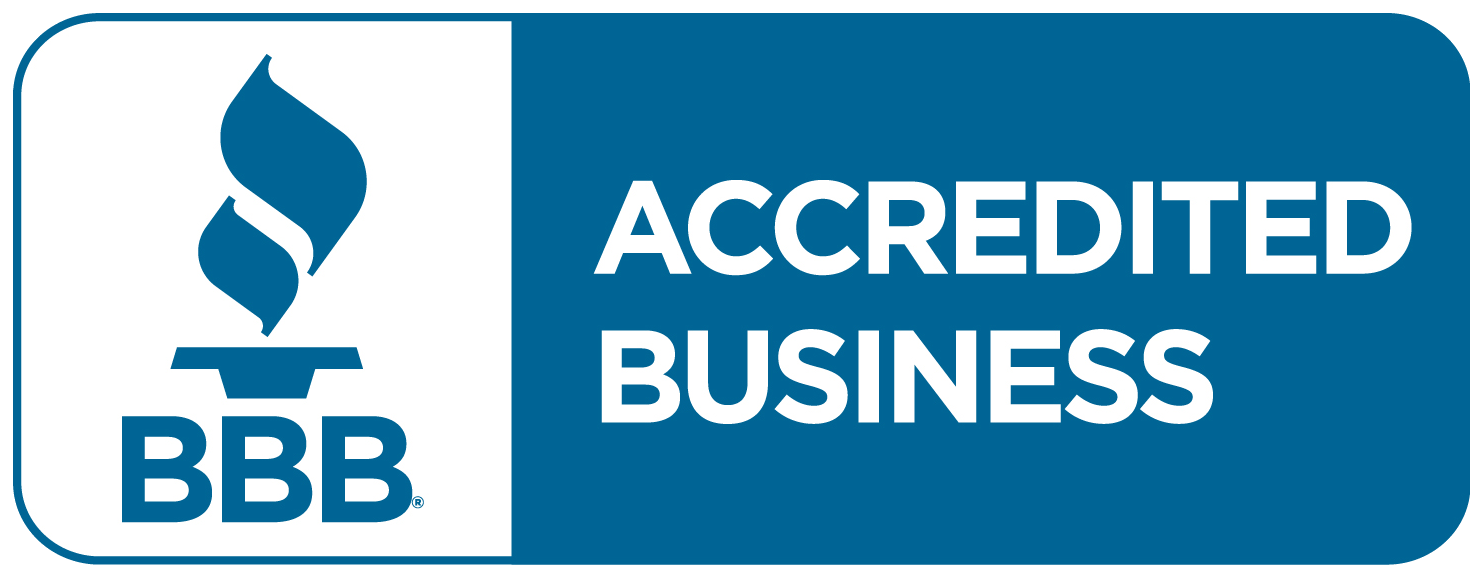Navigating the Cost of Home Care: Exploring Payment Options and Financial Assistance

Paying for home care can be a major concern for many families, especially when trying to balance quality care with financial realities. In this post, we delve into various payment options—from veteran's benefits and long-term care insurance to other financial assistance programs—that can help make home care more affordable.
Understanding the Costs of Home Care
Home care services s range widely in price depending on the level of care required, the region, and whether care is provided through a private agency or independently arranged. Costs may include hourly rates for caregivers, fees for specialized medical services, and additional expenses such as medication management or transportation. Understanding these factors can help you plan a realistic budget for home care needs.
Veteran's Benefits: Leveraging Your Service
For veterans and their surviving spouses, a variety of benefits are available that can help offset the costs of home care:
- VA Aid and Attendance Benefit: This benefit is designed to assist those who need regular in-home care. Eligibility can depend on factors like income, service-connected disabilities, and other criteria.
- Other VA Programs: Additional programs may help cover certain medical expenses or provide support services that complement home care. Veterans are encouraged to contact their local VA office or a veteran service organization for personalized guidance.
These programs can be a valuable resource, reducing the financial strain while ensuring that veterans receive the care they deserve.
Long-Term Care Insurance: Protecting Your Future
Long-term care insurance (LTCI) can be a critical tool in planning for the future:
- Coverage for Home Care: Many LTCI policies cover a range of home care services, including personal care assistance and even some rehabilitative services.
- Policy Benefits: Depending on your plan, benefits might include daily or hourly care allowances that help cover both in-home and facility-based care.
- Reviewing Your Policy: It’s important to review your policy’s details, including coverage limits and any waiting periods. For those without an existing policy, exploring LTCI options early can provide long-term financial security.
By understanding your policy—or considering one for future planning—you can alleviate unexpected expenses when care needs arise.
Other Financial Assistance Programs
Beyond veteran's benefits and LTCI, several other programs and strategies can help manage home care expenses:
- Medicaid: For those who qualify, Medicaid can be an important resource. While eligibility criteria vary by state, Medicaid often covers home care services for individuals with limited income and resources.
- State and Local Programs: Many states offer supplemental programs or subsidies aimed at assisting with long-term care costs . Researching local resources or contacting a state aging services office can provide tailored options.
- Non-Profit Organizations: Various non-profits and community organizations provide grants, sliding scale services, or other financial assistance for seniors and individuals in need of care.
These programs can offer much-needed relief, particularly for families navigating the complex landscape of healthcare financing.
Taking the Next Steps
Understanding your options is the first step toward managing the cost of home care. Whether you’re a veteran exploring VA benefits, someone with a long-term care insurance policy, or a family seeking additional financial support, each option has its own set of requirements and benefits. Consulting with financial advisors, eldercare experts, or social workers can help you navigate these choices and develop a comprehensive plan that meets your specific needs.
Remember, planning ahead and seeking advice early can make a significant difference in ensuring that high-quality home care remains both accessible and affordable. Your journey to securing the right care starts with informed decisions and proactive steps today.
For more information check Frequently Asked Questions





